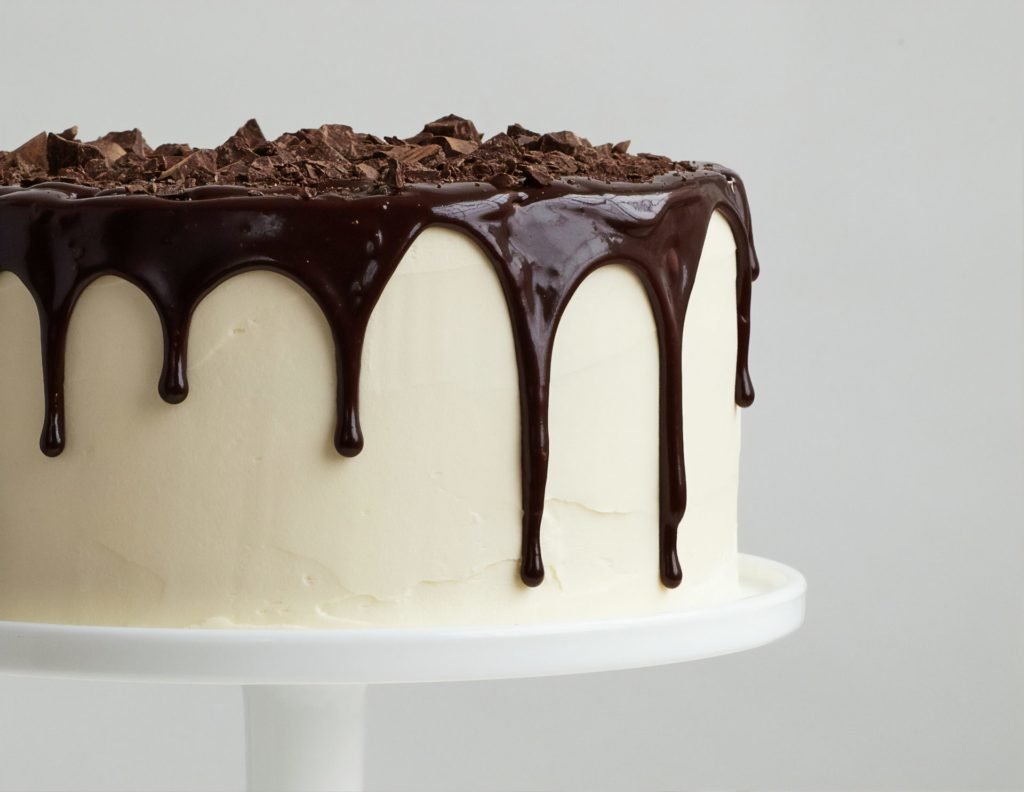Belgian food industry bans use of titanium dioxide additive
Source: The Brussels Times / image: Unsplash / Author: Alan Hope
The Belgian food industry association Fevia has banned the use of the additive titanium dioxide (E171), following the advice of the European food safety authority EFSA.
© American Heritage Chocolate via Unsplash
Titanium dioxide (TiO2) is used in many products as a pigment providing whiteness to products such as paint and paper, but also food and medicines, as well as almost all brands of toothpaste.
The ban comes into force in August this year, to allow the various industries affected to adapt their processes, but the change will have widespread effect. Nonetheless, Fevia stressed that the main priority was consumer safety.
TiO2 was regarded as completely non-toxic, until a 2006 study by the International Agency for Research on Cancer revealed it could be a carcinogen in humans. France banned use of the product in food-based applications and in toothpaste.
“Food safety remains the number one priority for our companies, so when EFSA indicates that it no longer considers an additive to be safe, we will of course take action,” said Fevia CEO Bart Buysse in a statement.
“Many companies have already proactively sought and found safe alternatives to E171 in recent years. This proves to be more difficult for other applications and will require additional investments in innovation in the coming months,” he said.
Titanium dioxide occurs in nature as a mineral substance, but after refinement is used to provide a bright white pigment, such as the lower layer of bubble-gum once the colour layer has dissolved away. According to the current level of science, the main danger appears to come from nano-particles, each less than 100 nanometres in diameter (one-tenth of a millimetre).
Based on the latest research, EFSA decided TiO2 could no longer be regarded as safe, and food companies were advised to seek alternatives. The EU followed the advice and in January the ban came into force, food companies have until August to comply.

